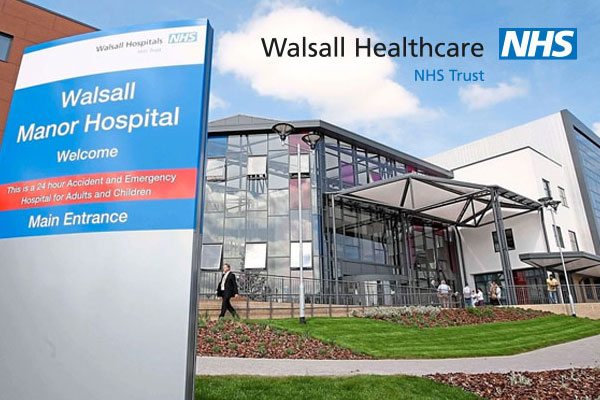People in the Black Country are being urged to think carefully about which health service they should use during this week’s industrial action.
Hospital Consultants and Junior Doctors went on strike for 72 hours from 7am today (Monday 2 October), until 7am on Thursday 5 October, which will affect NHS local services. All health and care partners in the Black Country have been working together to prepare for the industrial action and are asking the public for their support.
Emergency care will be prioritised, and people are being reminded that 999 and emergency departments are still the right services if it is a life-saving emergency. For anything that isn’t life-threatening, however, people are being urged to use 111 online as the first port of call for health needs. People can also call 111 for help, advice, and signposting to the most appropriate service.
Pharmacies, GP appointments, walk-in centres, minor injury units and urgent treatment centres will continue to be available during this period and can help people with a range of injuries and illnesses.
People with hospital appointments should continue to come forward for the care they need and do not need to call to check if appointments are going ahead. If appointments do need to be rearranged due to strike action, patients will be contacted directly. The NHS is also asking the public to play their part by taking simple steps during industrial action to look after themselves, loved ones and checking in on vulnerable family members and neighbours.
Dr Ananta Dave, Chief Medical Officer for the NHS Black Country Integrated Care Board, said: “Demand for NHS services remains high, and we expect them to remain busy and under increased pressure during the strike action taking place.
“Our priority is to continue to provide safe care for those who need it during the strike action, however, it’s vital that people choose services wisely over this period. “
“If you need medical help or advice, or you’re unsure what to do, you should contact NHS 111 online in the first instance, and they will direct you to the most appropriate service for advice or treatment. This could include your local pharmacy, GP or a local urgent treatment centre. By ensuring you choose the most appropriate service, this will help NHS services to manage demand and ensure A&E departments can focus on treating people with serious and life-threatening conditions.”
NHS 111 can help if you have an urgent medical problem and you’re not sure what to do. You can contact the service online 111.nhs.uk or by calling 111, 24 hours a day, seven days a week. Pharmacists can also offer expert advice on lots of common conditions such as coughs, colds, aches, and pains. People should only call 999 if it is a medical emergency.

